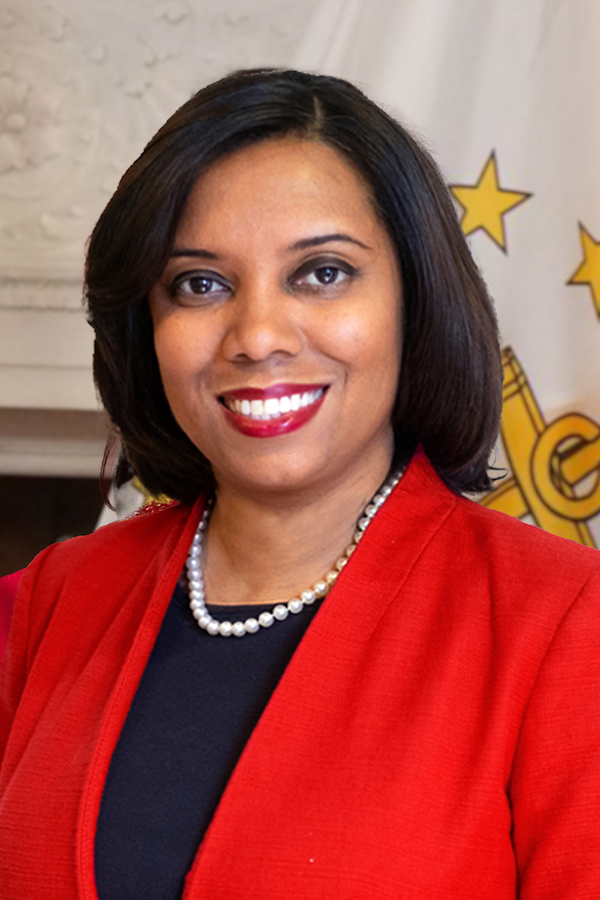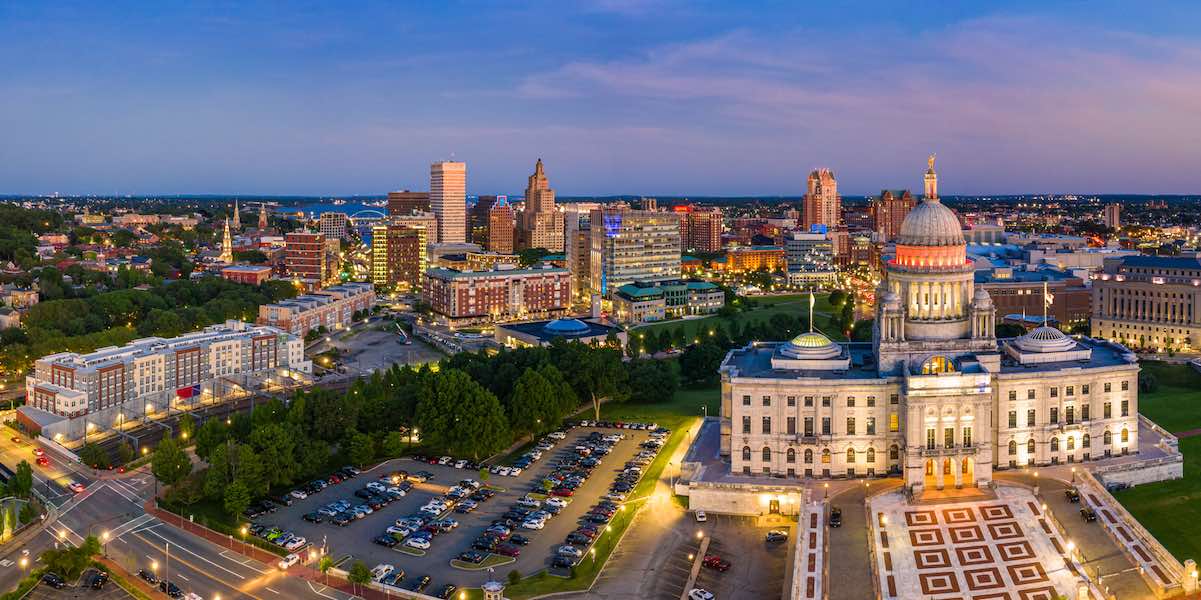As the meeting and event industry preps for what is sure to be the most enthusiastic Global Meetings Industry Day (GMID) to date (March 30), we jumped at the opportunity to chat with Rhode Island’s Lt. Governor Sabina Matos about the importance of the industry and how communication and advocacy can be improved between meeting professionals and politicians.

What do you have planned for this year’s GMID?
Lt. Governor Sabina Matos: “I am going to join the Providence-Warwick CVB (PWCVB) for their annual Ambassador Award Luncheon. Just under a year ago, the State of Rhode Island and the PWCVB came together to relaunch the Recommend RI campaign, which encouraged residents to become ambassadors of our state. Those ambassadors have helped businesses, sports teams and other organizations choose Rhode Island as a destination for meetings and sporting events. As a champion of that initiative, I am so excited to celebrate the impact our ambassadors have had on Rhode Island’s tourism economy!”
How important is the meeting and event industry to the Rhode Island economy?
“Meetings and events are at the heart of Rhode Island’s economy, and that’s never been clearer than in the last few years. During the first two years of the COVID-19 pandemic, cancelled meetings, conventions and sporting events cost Rhode Island’s economy millions of dollars. That’s why our ambassador program has been so important: In less than a year, our ambassadors have secured 38 events, which will translate into over 16,000 hotel rooms and $10.2 million in direct spending.
“Overall, tourism and events are a cornerstone of our economy. Even in 2020—one of the toughest years our state has had for tourism and events—the travel economy accounted for 1 in 9 jobs in the state and generated over $1.3 billion in tax revenue.”
What do elected officials need to hear from meeting and event professionals in order to enhance understanding of the industry and advocacy for it?
“I believe that most elected officials don’t fully understand how powerful their voice can be when it comes to attracting events to the state. When outside organizations hear directly from an elected official that we want to host their event and are ready to connect them with a professional team, it’s a clear signal that they’re going to get the support they need to pull off the heavy logistical lift of planning a large event.
“The materials that the PWCVB created for Recommend RI made an enormous difference in getting our ambassadors ready to use their voice to bring meetings and events to Rhode Island. I encourage every meeting and event professional to think about how you can help train your elected officials in the skills you use every day, so that they can become ambassadors of your work and bring more events home to your area.”
What are some misconceptions about the meeting/event industry that you’ve heard from your constituents and/or other elected officials?
“One of the most pernicious misconceptions I’ve heard about the meeting and event industry is a misunderstanding of what a massive ripple effect even one event can have. As an example, I recently joined the PWCVB to announce that when the annual Army-Navy [football] game is held for the first time ever in New England this December, 3,000 Navy midshipmen will stay overnight in our convention center on barracks-style bedding. Afterwards, I got some questions from constituents [asking,] ‘How much of an economic benefit will the state see if the midshipmen are there for just one night, and they aren’t even staying in a hotel?’
“Well, hosting those 3,000 people means that every one of those midshipmen’s families now know about Providence, their friends now know about Providence and the 40,000 ticket holders [coming] from outside of New England to see the game now know about Providence. In Philadelphia, [when] the game was last held outside of Annapolis, being a host city translated into $30 million in direct spending. Time will tell what this means for Rhode Island, but I am confident that the day after that game thousands of people will be leaving Providence with a plan to come back, and that’s going to translate in jobs and economic benefits for years to come.”
How can meeting and event professionals work to clear up that misconception?
“The best way to eliminate that misconception is to thoroughly track the economic data around tourism and events. The more information we can provide that shows the positive impact of hosting events in our state, the more easily we can dedicate resources to courting them. In Rhode Island, our visitor bureaus are exceptionally helpful in tracking and sharing the economic results of their work, and I hope to assemble a state task force that can review that data and ensure we’re using it to our full advantage.”
Do you have any recommendations as to how state governments and meeting professionals can work together better?
“In my opinion, the most important thing a state government can do to help meeting professionals is to ensure that there is one statewide cabinet member or elected official with tourism as a main part of their portfolio. The best example of this is Louisiana, which has a statewide Department of Culture, Recreation & Tourism headed by my friend and colleague Lieutenant Governor Billy Nungesser. That model connects state arts, culture, history and parks directly with tourism and meeting professionals, and assigns one person to oversee those efforts. As a result, Louisiana’s tourism and event industries are thriving! I’d like to see that model replicated in Rhode Island, and I encourage all other states to look into it as well.”
Join MPI's 12-hour-long live Global Meetings Industry Day broadcast!

